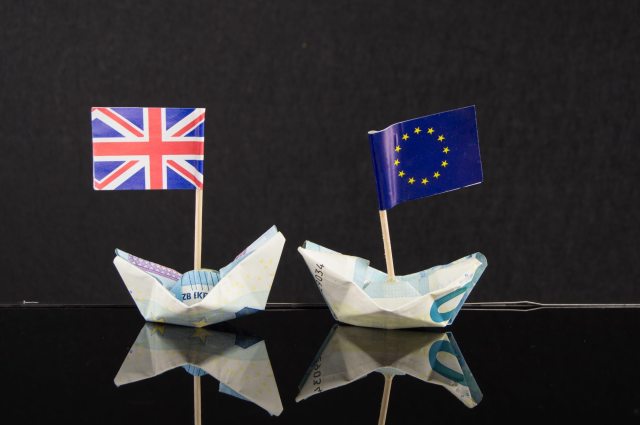As Britain sails out of the EU and into the world, very little coverage has been given to the positive impact this will have on our trade (Credit Image: Getty Images)

With all the media coverage on our EU exit, and the terms of our future relationship with the EU, very little of the media coverage has been devoted to our embracing the rest of the world, and the condition of the world trading system on which our EU relationship will rest.
The truth is the state of the global economic architecture is disastrously weak. No global trade round for almost a third of the life-time of the GATT itself (the General Agreement on Tariffs and Trade which became the World Trade Organisation and whose whose seventieth anniversary we celebrate this year), actual measures of wealth creation such as industrial output are weak (GDP often masks this poor performance, as it includes government and consumer spending). Consequently, politicians and even some economists seem to have accepted that we live in a new normal of stalled economic growth out into the future. Some have said the age of innovation is over. For the poor around the world, accepting this would be a catastrophe. It would mean budget deficits and austerity for the foreseeable future.
But it is wrong. There are plenty of gains that can still be wrung out of the global trading system. It has barely scratched the surface in the area of services (where the UK is the second biggest exporter in the world). If we can achieve even a small amount of those gains, we could be looking at a very different future for ourselves and for the world.
***
Introduction to this Under-reported series.
Summary guide to all under-reported articles in this series.










Join the discussion
Join like minded readers that support our journalism by becoming a paid subscriber
To join the discussion in the comments, become a paid subscriber.
Join like minded readers that support our journalism, read unlimited articles and enjoy other subscriber-only benefits.
Subscribe